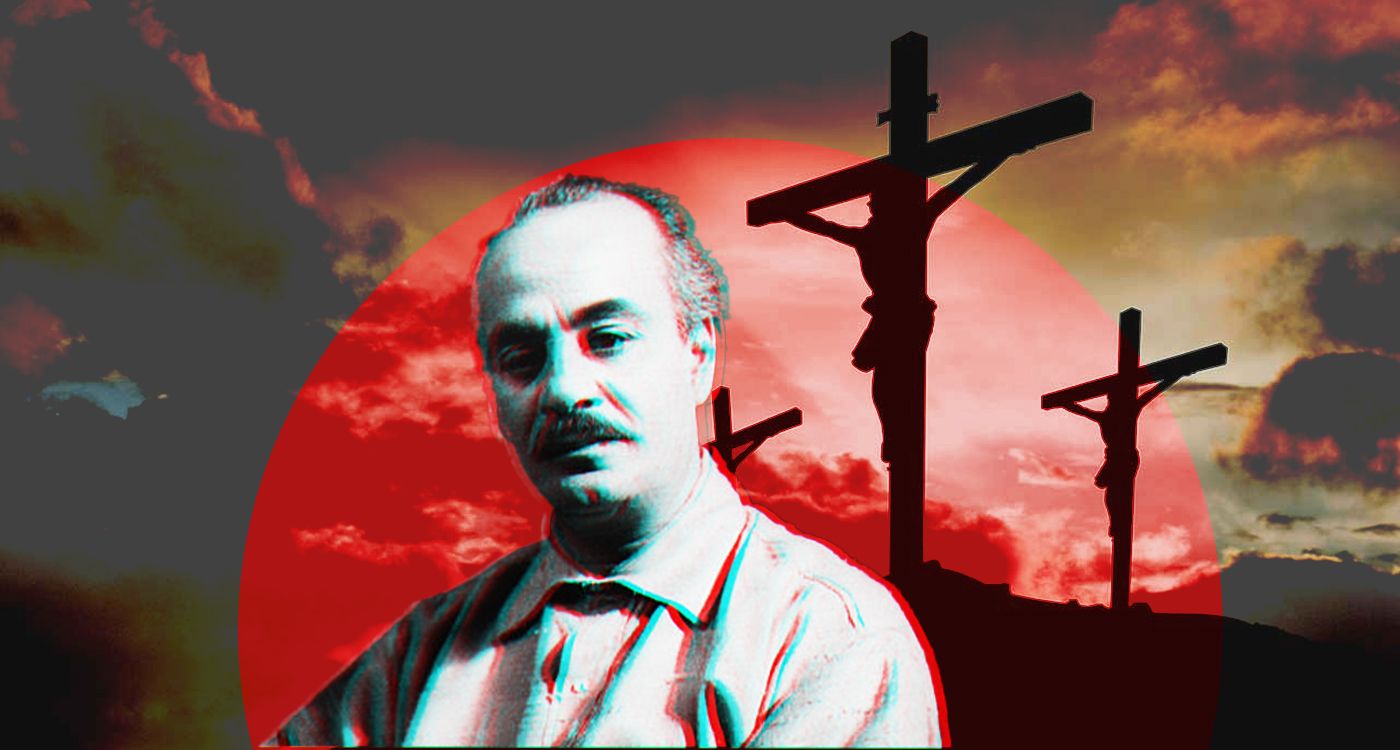
Nothing is more powerful than the text Gibran Khalil Gibran wrote in The Storms, titled “Jesus the Crucified.” With striking clarity, Gibran conveys a spiritual depth that the world so often overlooks on Good Friday. Many settle for church rituals—the procession of Christ or the burial rite—or treat it merely as a time to fast until Saturday, devoid of deeper meaning.
The outward expression of sorrow on this day is not what truly matters. Few ever reach the point of genuinely sensing the spiritual depth behind the visible signs of death. Many have written about Good Friday; some of the greatest philosophers have explored what it might represent and how it resonates within the stillness of faith. Yet none have matched the depth of Gibran—the hermit of New York, as though he were living in the valleys of Bsharri.
Gibran reflects on the concerns of the universe, then turns his gaze to the crucified Christ, finding in Him something far beyond the mournful tone of traditional texts and prayers, something far superior to all earthly matters. He sees Him crowned with glory, even while on the cross of shame.
“You are on the bloodstained cross more majestic and awe-inspiring than a thousand kings on a thousand thrones in a thousand kingdoms. In fact, between the moment of dying and death, you are more terrifying and fierce than a thousand leaders in a thousand armies in a thousand battles. (...) Forgive these weak ones who wail for you, for they do not know how to lament for their own souls.”
Gibran conveyed the deep essence of Christian faith at a time when he faced the clergy's rejection of his ideas, accused of heresy and straying from the true path of religion. For the record, Gibran was later laid to rest in an ancient monastery, now repurposed as his personal museum in Bsharri, thus ultimately embodying a faith greater than that of those who had attacked him.
The same issue resurfaced with Ziad Rahbani at a later time, when his ideas, questioning religion and the church, led to his condemnation. Yet, few remember that he composed some of the church's most significant hymns, still sung today, often without realizing they were written by Ziad Rahbani himself. Among them, Kyrie Eleison stands as one of the most notable.
The lesson here is not in the actions of those who merely go through the motions on this solemn day. It is not in weeping over Christ's bier or kneeling before the golden cross held by the priest, nor in simply taking part in the ritual or fasting through Friday and Saturday. The lesson is not found in beating our chests or holding grand celebrations at midday on Saturday. Rather, it lies in reducing displays of sorrow, often driven by pretense and hollow social motives, among the congregation. The true lesson is in deepening our reverence for the might of the crucified, who ascended to absolute divinity through His death in the name of humanity and love.
What people say about one another matters little. They excommunicated Gibran and others, yet, on Good Friday, we continually turn to the depth of Gibran Khalil Gibran’s words, echoing them to remind us of the lesson of Christian faith on the cross. In the end, it is Gibran who reminds us of Christ more than anyone else.



Comments